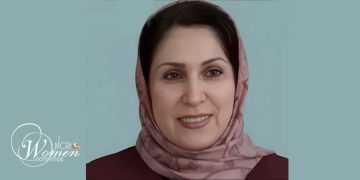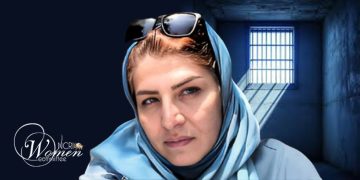Maryam Akbari Monfared, a resistant political prisoner held in Qarchak Prison, Varamin, remains deprived of access to specialized medical treatment. This comes despite explicit directives from the Legal Medicine Organization, which stressed the urgent need for her to undergo daily physiotherapy and chiropractic sessions.
Medical specialists warn that such treatment is vital to alleviate her chronic back and knee pain and to prevent worsening leg numbness and mobility disorders. Without appropriate medical intervention, she could be deemed “unfit to serve her sentence.”
Nevertheless, Qarchak prison authorities have refused to facilitate her daily transfer for treatment, citing a lack of resources, and instead suggested that she petition the presiding judge. Although she submitted the request two weeks ago, no response has been issued to date.
Previously, forensic doctors also determined that Akbari Monfared required urgent back and knee surgery. However, prolonged neglect by prison officials has intensified her pain and increased the risk of urinary incontinence and permanent nerve damage.
Having spent more than 15 years behind bars, Maryam Akbari Monfared is one of the longest-imprisoned female political prisoners in Iran, second only to Zeinab Jalalian who is serving life sentence.
Her family, too, has long been a target of state repression: two of her brothers were executed in 1981 and 1984, and her younger brother and sister were executed during the 1988 massacre.

Maryam Akbari Monfared, arrested in 2009 on politically motivated charges and sentenced to a lengthy prison term, has already served her initial 15-year sentence, which officially ended in November 2024. Nevertheless, she now faces an additional two-year prison sentence as well as several new cases brought against her. These fresh charges—such as “propaganda against the state” and “insulting the Supreme Leader”—stem from her continued efforts to expose human rights violations and the inhumane conditions inside Iranian prisons.
























